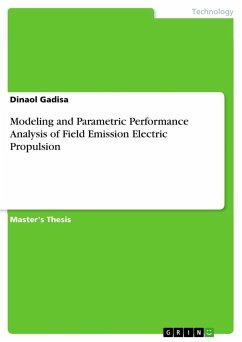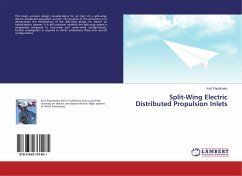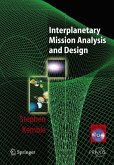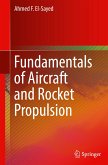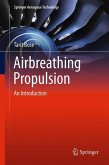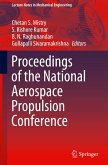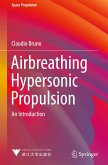Master's Thesis from the year 2023 in the subject Engineering - Aerospace Technology, grade: 3,4, , language: English, abstract: Space electric propulsion is required not only for orbit raising and transfer, position control, and station keeping, but also for spacecraft attitude control, advanced thermal material testing, and end-of-life de-orbiting that is much more fuel efficient than conventional chemical rockets. FEEP thruster is one type of ion propulsion system that provides a low thrust of the order of micro-Newton (µN) to milli-Newton (mN) that is primarily used for precise spacecraft attitude control with extremely high efficiency and small impulse bits based on the exhaust velocity of an ejected ion from a thruster. This thesis report includes a mathematical and 3D CAD model of a FEEP thruster with the overarching goal of investigating and analyzing the thruster¿s parametric performance. To accomplish this, a MATLAB program was used to simulate the change in thrust and exhaust velocity over time using various types of liquid metal as a propellant, assuming the fuel mass is equal to the atomic mass of the propellant, the wet mass of the spacecraft is assumed to be 4kg, and the charge of an ion is assumed to be 1.602 × 10¿19 while the supplied voltage is held constant at 10 kV. Furthermore, because the porous crown emitter is the heart of the FEEP thruster, its stiffness and topology optimization were investigated. The simulation results show that the thrust value of the FEEP thruster over time ranges from 0.213µN to 211mN during stable ion flow rate and mass expulsion of indium propellant, implying that the result is comparable to realistic FEEP parameters. Furthermore, as expected, increasing the voltage between the emitter and extractor electrodes and decreasing the mass expulsion of the propellant increased the thrust value of the FEEP thruster.
Hinweis: Dieser Artikel kann nur an eine deutsche Lieferadresse ausgeliefert werden.
Hinweis: Dieser Artikel kann nur an eine deutsche Lieferadresse ausgeliefert werden.

